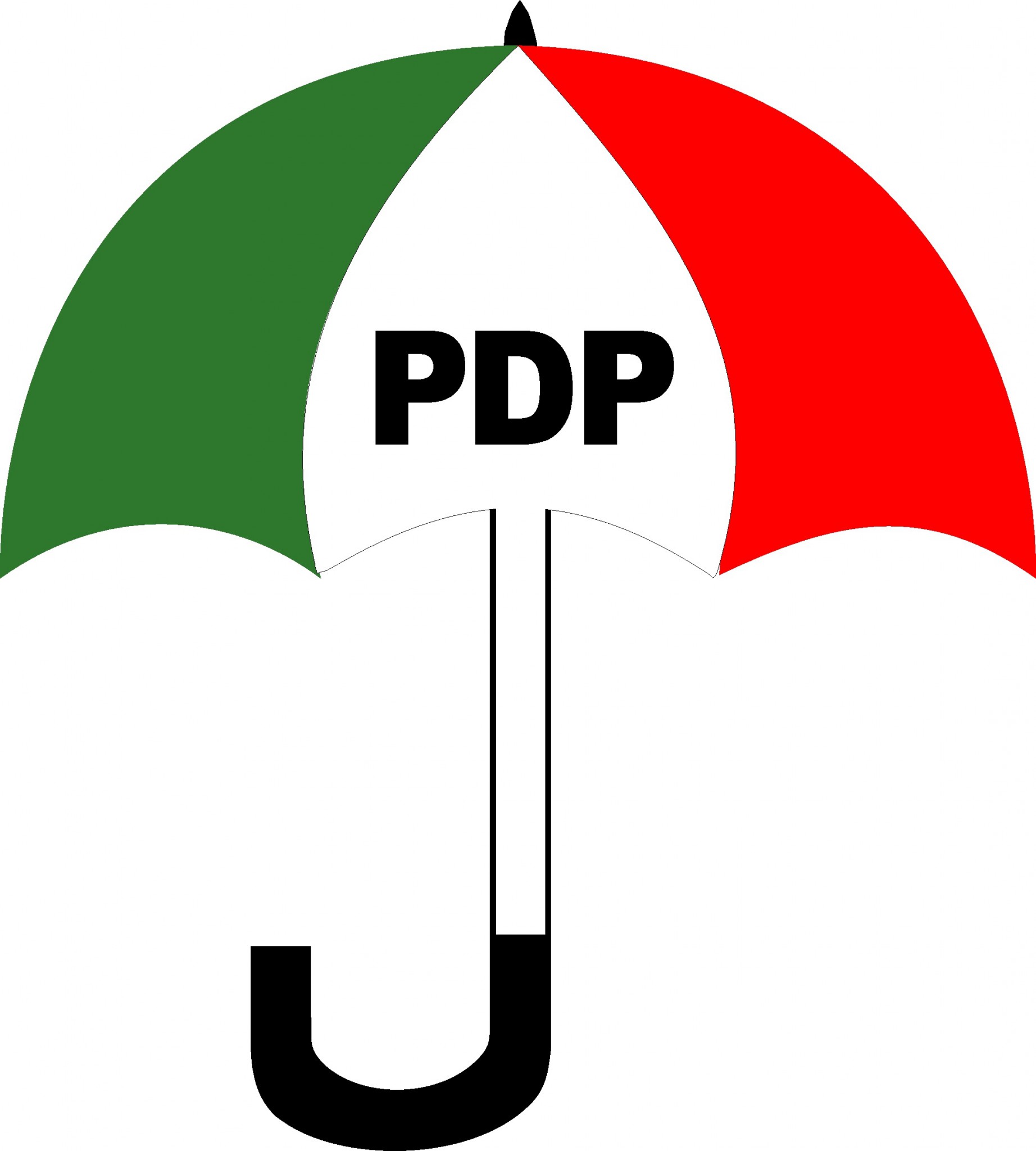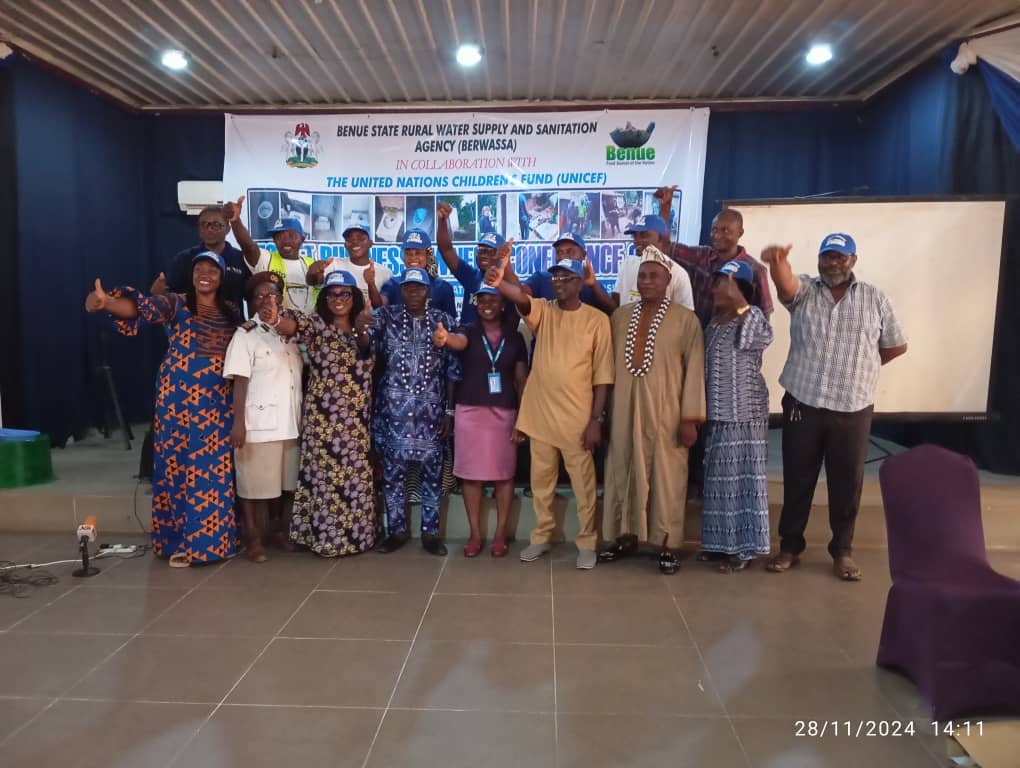By Emere Joshua.
Parents have decried the incessant purchase of textbooks for their wards as most private and public schools have adopted the use of a single-student textbooks policy for a session.
Not too long ago, textbooks usage in Nigerian schools was passed from one generation to another, but this has suddenly become a thing of the past as private primary and secondary schools in Nigeria have adopted a policy where exercises questions are answered in such textbooks, unlike in the past.
This policy has led to a significant increase in the financial burden on parents, who are already struggling to make ends meet. Many parents have expressed frustration and disappointment with the new policy, citing the high cost of textbooks and the fact that they can no longer be passed down to younger siblings.
According to Mrs. Ada Adejo, a mother of four, “Buying new textbooks every session is very demanding as students are not allowed to rollover textbooks of older siblings in a family that has more than one child.” She further expressed her concerns about the transparency of textbook costs, stating that she believes there are underhand dealings. “I think textbooks cost have hidden fees because I believe the school use the sales to generate income as parents are compelled to buy from the school and not outside.”
Another parent, Mr. John Eru who has a daughter expressed his support for the requirement to buy new textbooks every session, stating that it is “very important.” He also noted that the costs are outlined and the prices are explained, making it clear to him. However, when asked about the impact of textbook costs on his family’s budget, he simply stated that it is part of the family budget and he plans for everything together.
Mrs. Adejo, on the other hand, expressed her frustration with the impact of textbook costs on her family’s budget. “The cost of the textbooks affect my budget as I continue to buy same textbooks for my children making my house full of textbooks since they are not allowed to be inherited.”
Mrs. Emmanuella Kundushima, another parent, shared her concerns about the policy. “I don’t appreciate having to buy textbooks every session,” she said. When asked about the impact of textbook costs on her family’s budget, she explained that they don’t normally budget for textbooks as it’s too costly. “We only get textbooks if money becomes available.”
Mrs. Kundushima, a mother of three also expressed her skepticism about the transparency of textbook costs. She said, “I don’t think textbook costs are transparent”
When asked about potential solutions, she suggested that schools or policy makers could subsidize the price of textbooks to ease the financial burden on parents.
On her part, Mrs. Vance Susan, a parent who has managed to avoid the financial burden of buying new textbooks every session, shared her experience. “I never really involve myself in buying textbooks for my children because their older siblings have all the required textbooks,” she said. However, when she did have to buy textbooks in the past, she noted that it had a significant impact on her family’s budget. “When we bought textbooks, it affected a lot because it brings extra expenses to me.”
She suggested that schools or policymakers could alleviate the financial burden of textbooks by allowing parents to buy only the required textbooks. “What I suggest is that they should ask parents to get only required textbooks.”
Reacting, proprietors of private schools have defended the policy, citing the need for students to have access to up-to-date and relevant educational materials. According to Mrs. Patricia Emere, Proprietress of Solid Foundation Academy, Makurdi, “That is what the government require from us. In Benue state in particular, we have quality assurance departments, and every year they bring out recommended books for schools and asked us to follow suits unlike before you can use books and keep for your younger ones.”
Mrs. Emere explained that the discount provided by publishers and distributors is minimal, making it difficult for schools to offer significant discounts to parents. “Discount is not being given because the discount the publishers and even the distributors give is minimal and 10% of the general purchase not per book and in that instance it’s not easy to give out incentives,” she said.
To ensure that textbooks align with the curriculum and meet educational standards, Mrs. Emere explained that her school follows the recommended textbooks provided by the government.”
On alternative textbook options, she expressed her desire to explore digital resources, but cited challenges such as limited access to technology and literacy issues. “That is our desire especially in this jet age that things have gone digital, but there are some hitches as most pupils don’t have android phones and some parents are not literate. It is very difficult but we are hoping on the e-learning Benue State is bringing in to upgrade children that everything is digitalized and they provide enough computers for schools. With that, we will follow suit, but for now it’s still at the peripheral stage because some people in rural areas don’t even have access to electricity”, she said.
Another Proprietress, Mrs. Rose Elachi of Rosella Academy, kanshio, Makurdi noted that the Ministry of Education provides a list of approved textbooks every year. “Because the ministry of education gives list of books every year to every school and text books keep changing, so textbooks for 2023 session will not be the same with 2024 textbooks, the children will have to buy the new approved textbooks”, she said.
Mrs. Elachi however, noted that her school offers discounts to parents who have multiple children enrolled. “Yes, I use my initiative, not for all parents, but there are some parents struggling that have up to 4 or 5 children in the school. So, I give discount in tuition not the textbooks”
She also expressed her plans to introduce online textbooks, but noted that the challenge lies in ensuring that all students have access to the necessary technology. “Yes, we have plans to have online textbooks but the challenge is most children will not be able to access these books if we go digital. So, we have to continue with the hard copy”, she added.
While proprietors argue that the new policy is necessary to ensure that students receive quality education, parents are concerned about the financial implications of the policy. As the debate continues, it is clear that finding a solution that balances the need for quality education with the financial realities of many Nigerian families will continue be a major challenge.







